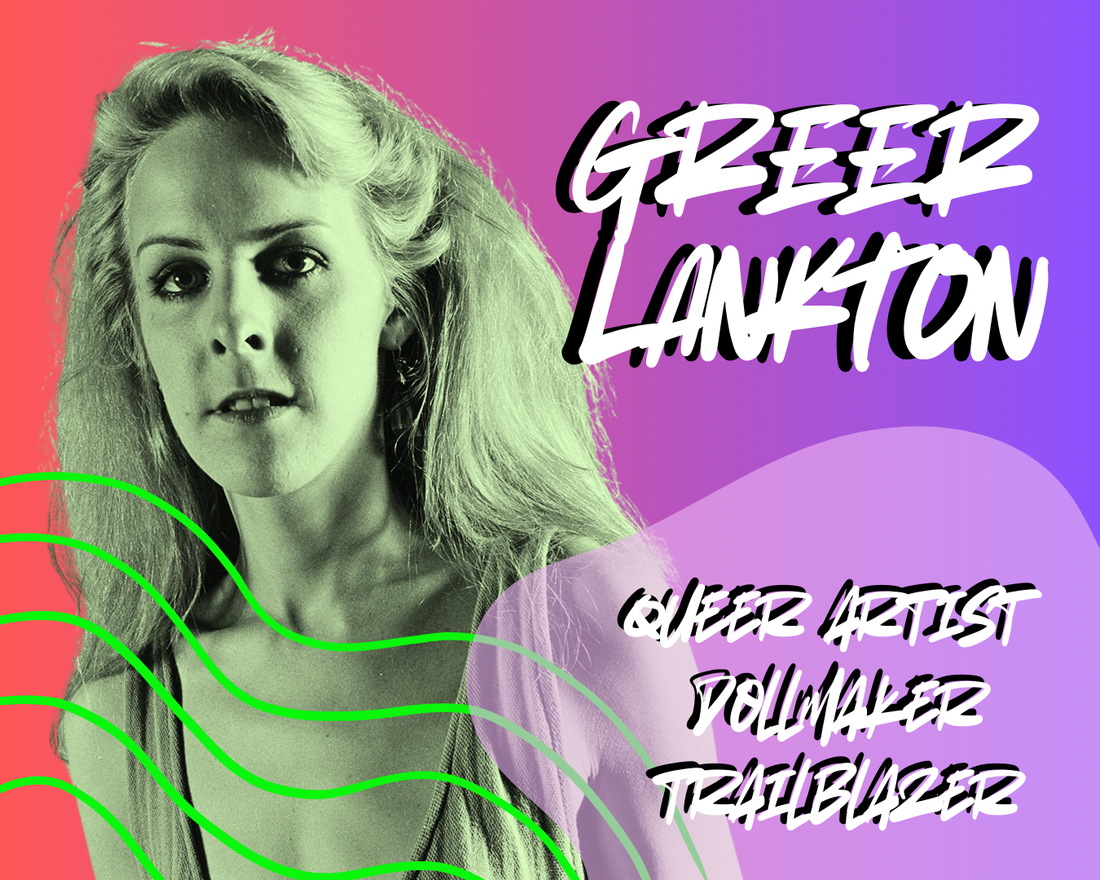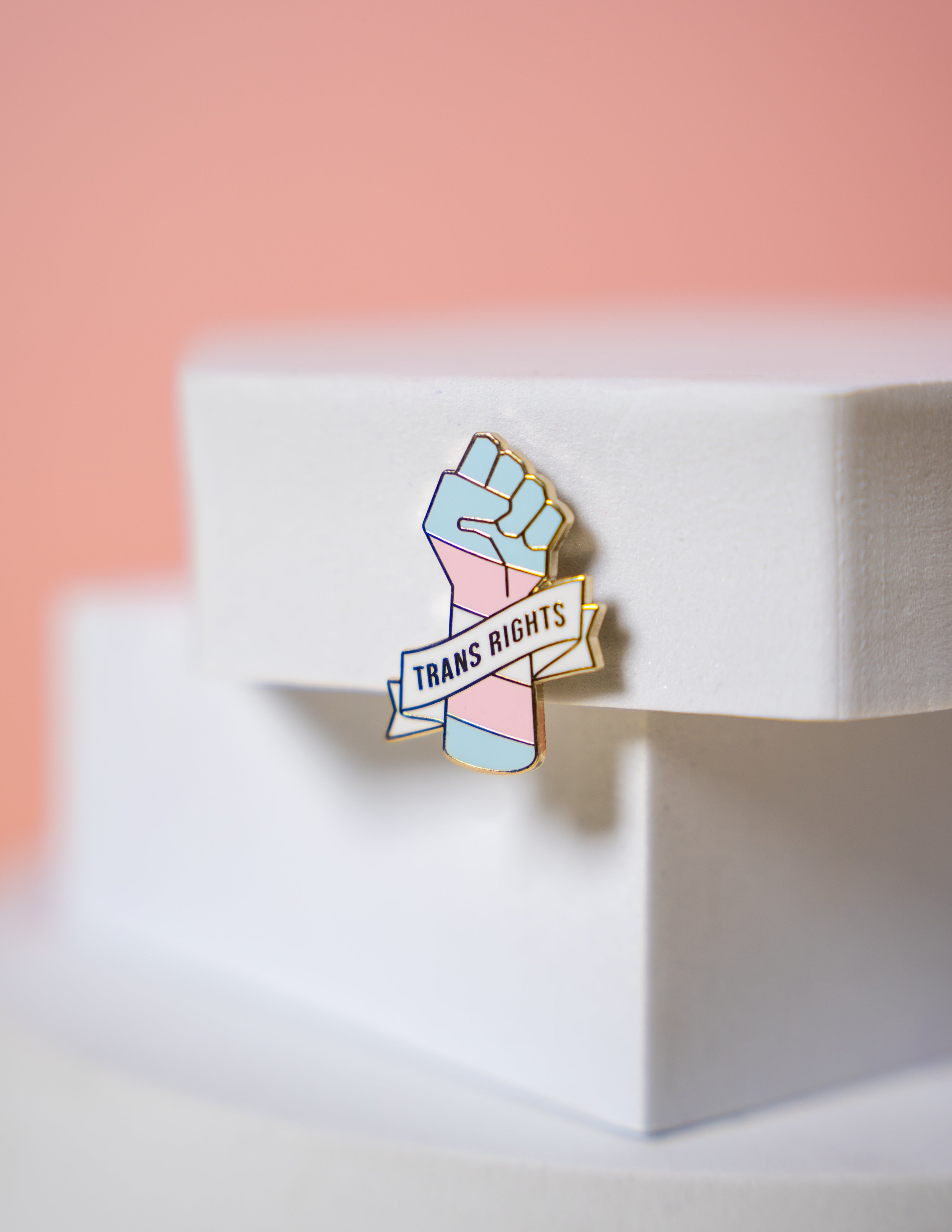Let’s be real, not everyone we come out to proves a shining ray of good-allyship. False info and manufactured bad news about being trans (or in any way queer) can trip up even the people we love most. Some will be willing to educate themselves and stay open to our experiences. Others … not so much.
Coming out is hard enough without being on the other side of an unbreakable wall of ignorance. It’s tempting to edit yourself to keep those who mean a lot to you close. I’ve been in a similar position, in a couple of cases with people I later cut out of my life.
At first, I struggled with how to share my joyous new sense of self with family and friends, but eventually I figured out a way that felt comfortable to me. Typing up a message sharing who I was, and how much I loved everyone, allowed me to say those overwhelming words without getting tongue-tied or bottling out.
Getting so many notes full of acceptance in return gave me strength to field the ghosting from a few. But then came the pointed misgendering, the wrong name on greeting cards, a letter politely telling me I would never be a man.
These confrontations can light a fire of righteous anger, or make you feel trapped in fearful silence. But there are ways to arm yourself with compassion against anyone who disregards or hurts you.
Write it out
There’s a lot of pressure on the idea of an Insta-perfect coming out moment, but this being right for some doesn’t mean it’s possible for everyone.
If you’d rather not come out in person for any reason, give yourself permission to communicate your thoughts the way you’d like to, in a message, email or even by snail mail. When you’re worried about people’s reactions, there’s room here too for them to sit a while with the news and consider their response.
Give yourself space
No matter how you choose to share who you are, nobody should feel stuck in close proximity with anyone. If you’re living in a disrespectful or hostile environment, seek out other loved ones or friends you trust to give you that safe space.
Especially if you’re young and unsure how to tell adults you need their support, try directing them to advice resources for families of LGBTQ+ people. It can be difficult for some to consider the harm in their actions until it’s laid out plainly, with guidance on how to do better.
Meet them halfway
When dealing with people who aren’t likely to accept you, you might feel frustration bubbling before any words come out. A lot of us will have one or even several problem people. The ones who’ve made so many hateful ‘jokes’ you’re almost certain where they’ll stand.
Faced with negativity or aggression, know you’re not in the wrong and be as kind as you can—provided it’s safe for you to do so. If it isn’t best to try and walk away, patiently explain what being open in your identity means.
Tell them it hurts not to feel seen by someone who’s supposed to care for you. If the abuse continues, at least you’ll be sure you did nothing to justify their cruelty.
Know support is there
If you can’t get through to toxic people, or get away from them, turn to services that are there to help however you’re struggling. When you’re in crisis, organisations like Switchboard and Galop offer reassurance and direction towards safety, all from folks who’ve chosen to step up for queer community.
For some, the best you can be still won’t be enough—but that’s never your fault.
Be kind to yourself above all else
With your own wellbeing, there’s no need to rush. Wait until it feels good and right to share your identity, and only ever with those you want to.
Trusting people with who we are is too often a gamble with our hearts, self-worth or even our lives. It hurts to turn away from people we’ve loved, but when they’ve chosen hate, please find kindness and protection for yourself.
If you’re a little later coming out (though it’s never too late!) chances are you’ve been putting others first for a while. Now’s the time to focus on what you want to do, and how. Any steps towards that, whatever they might be, are the first on a road to pride, supported by the people who want it for you too.









